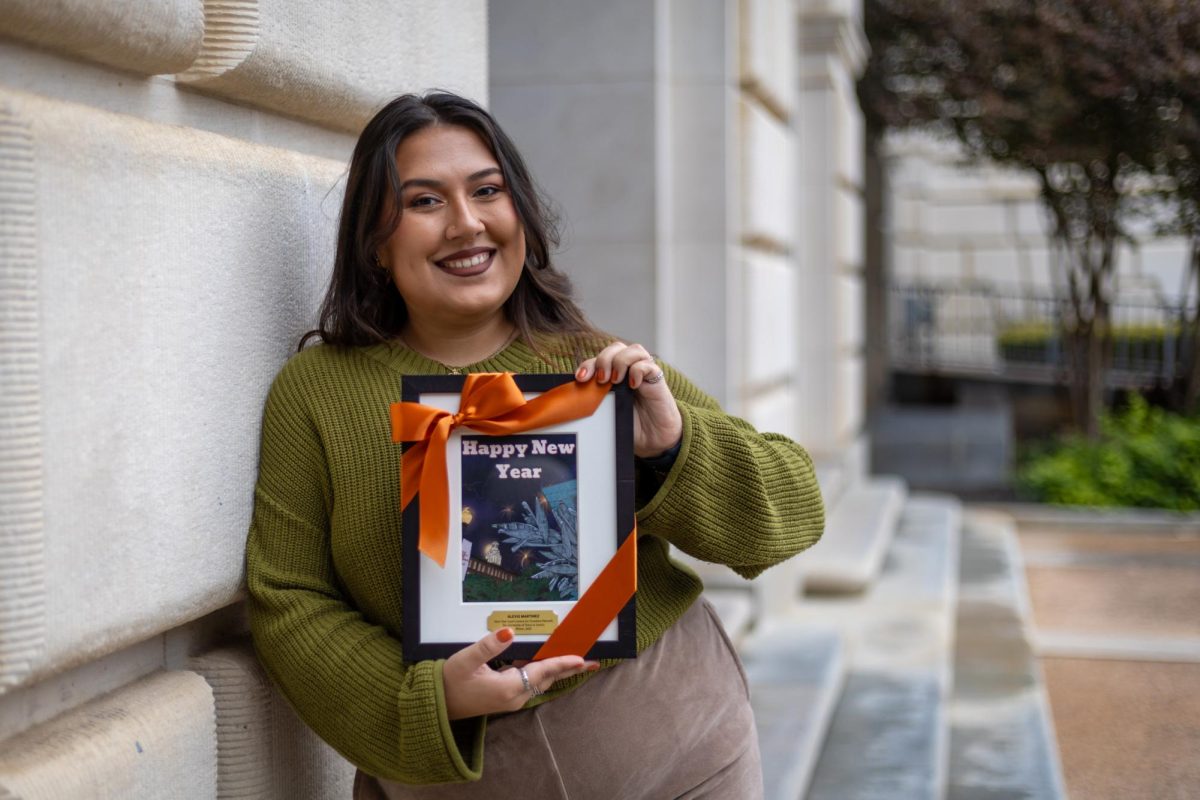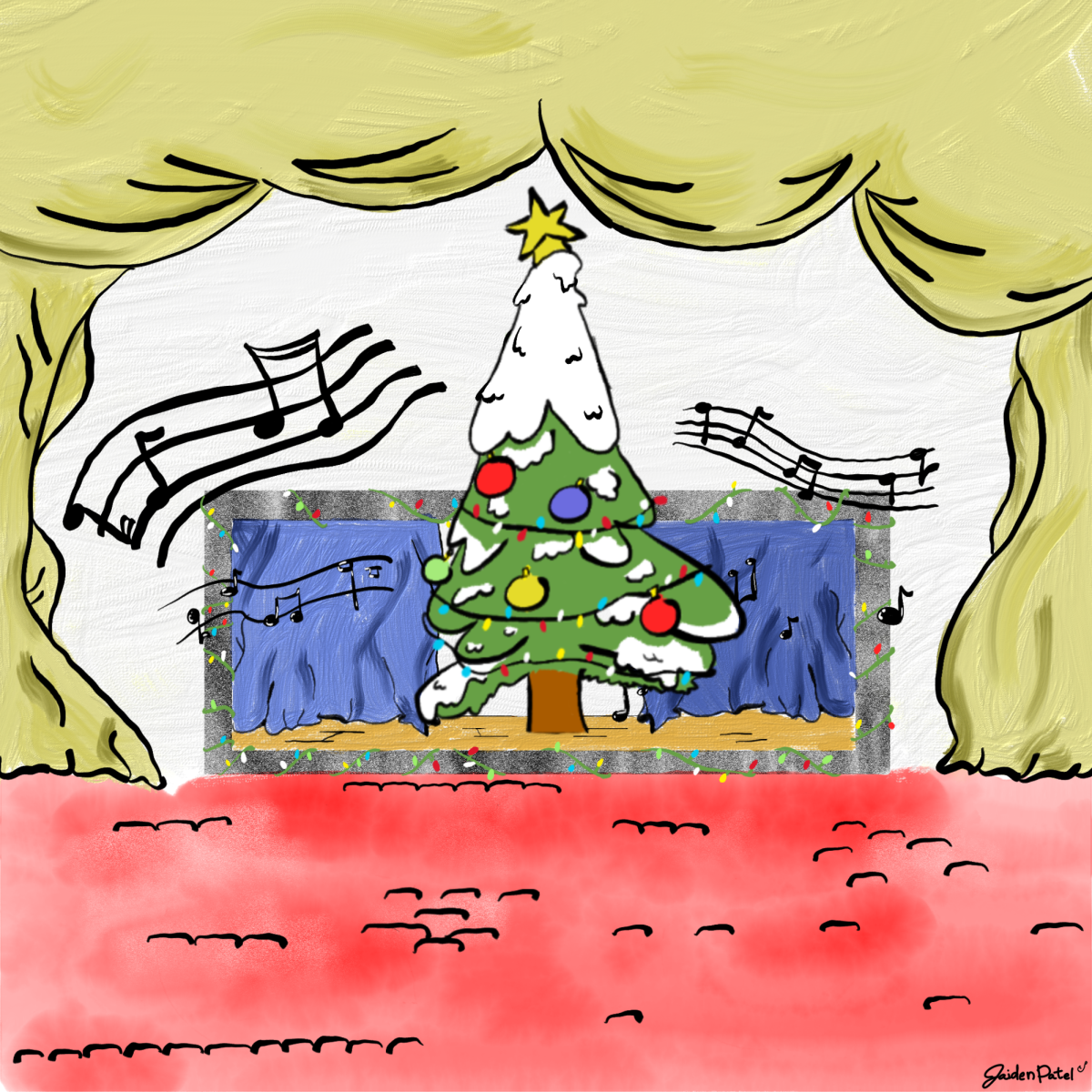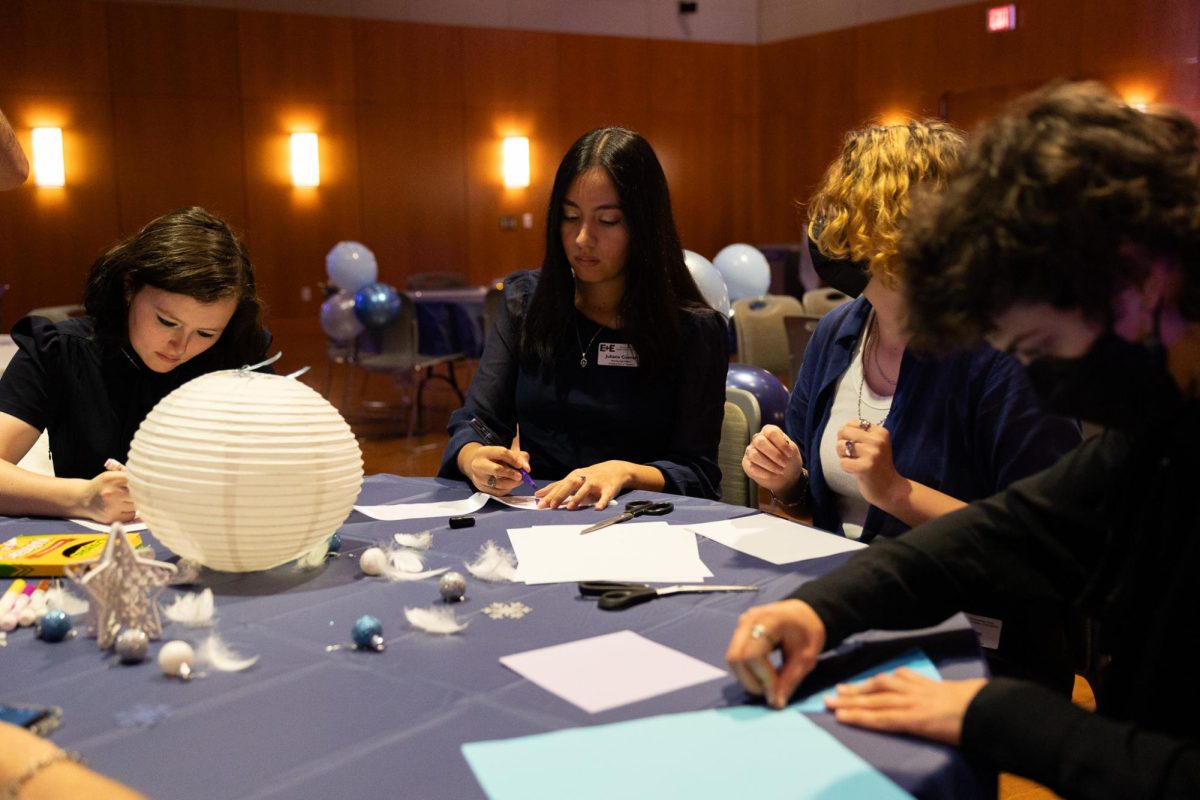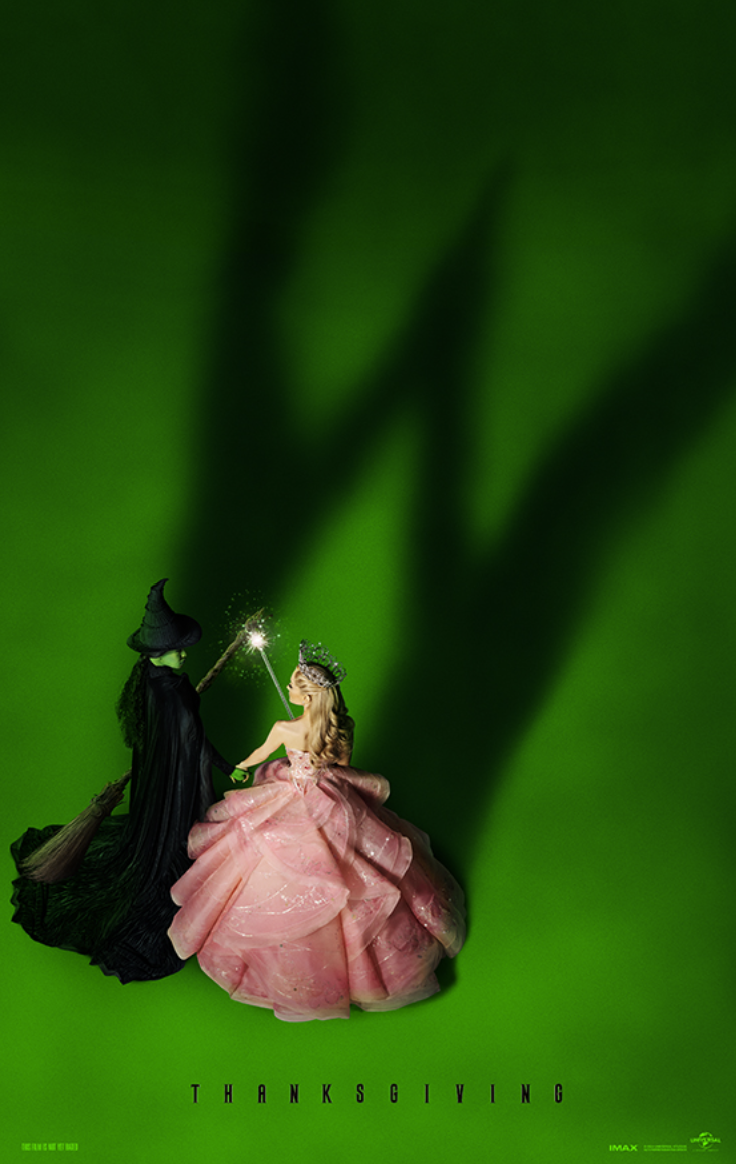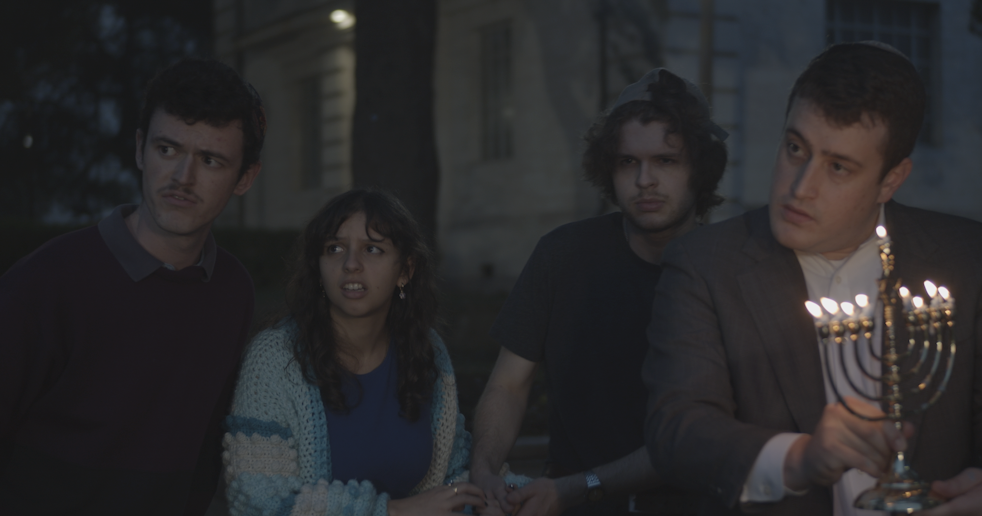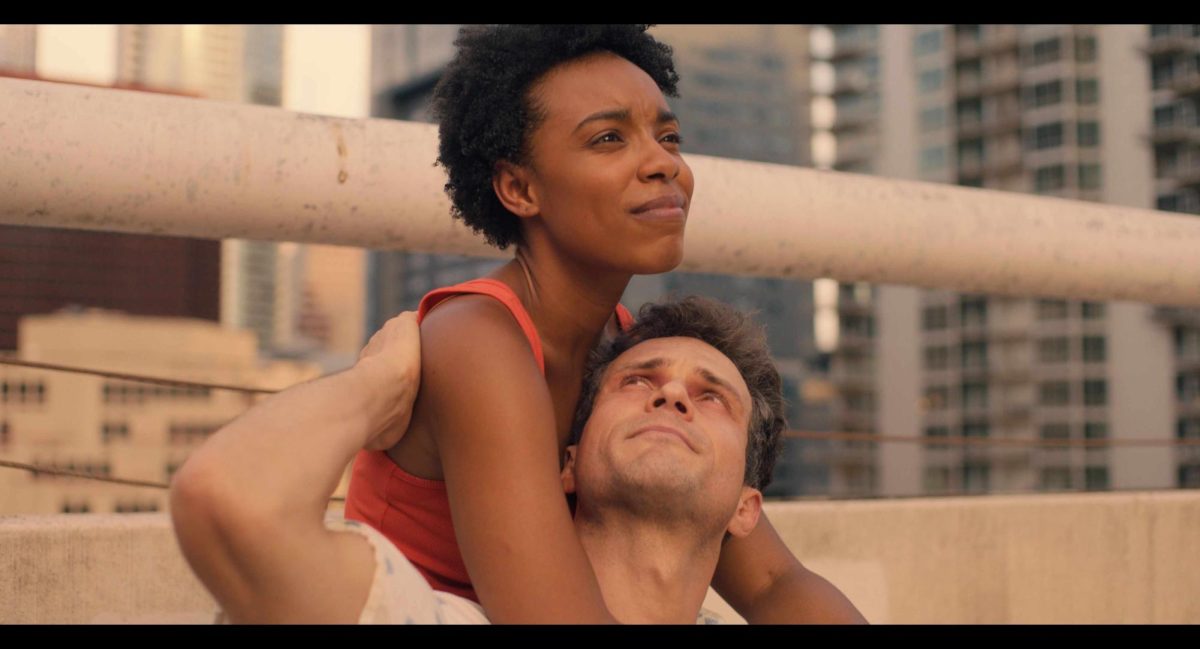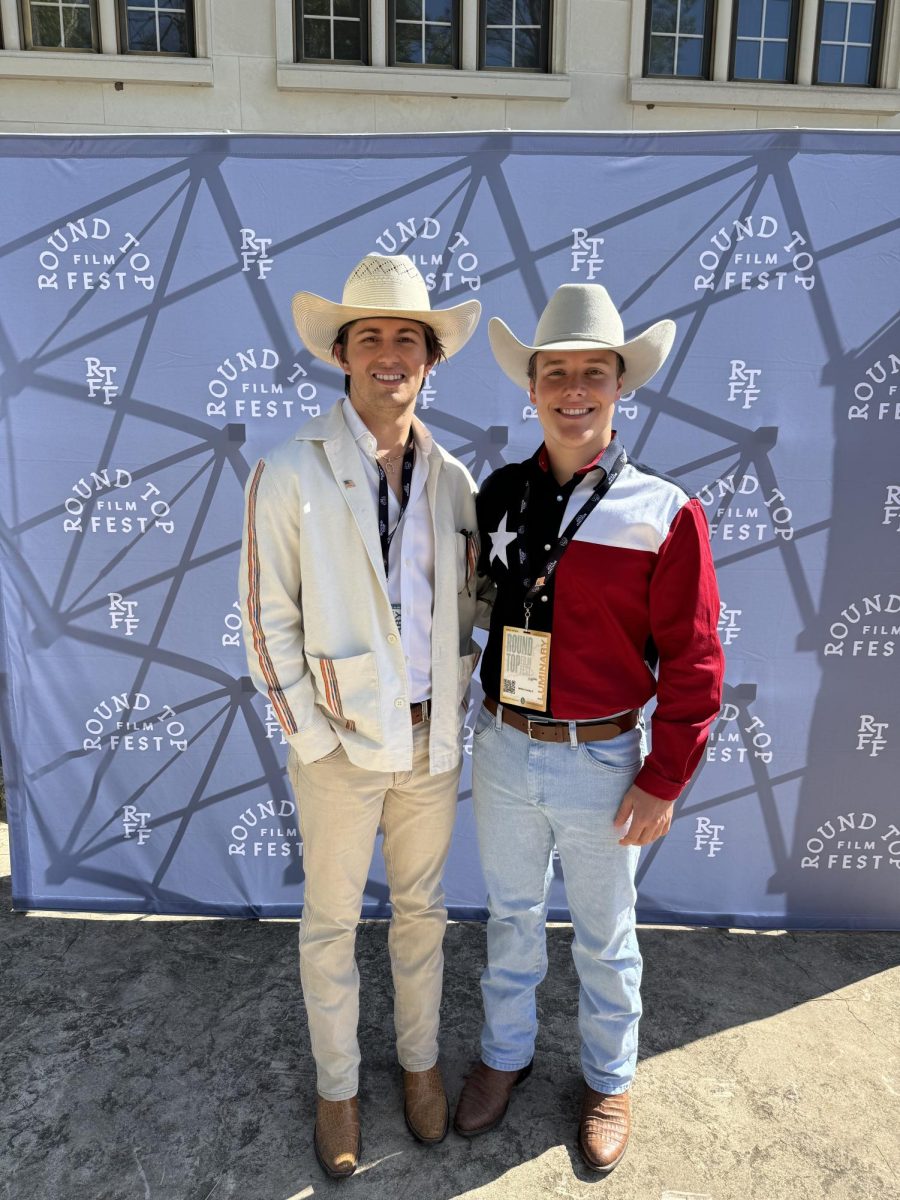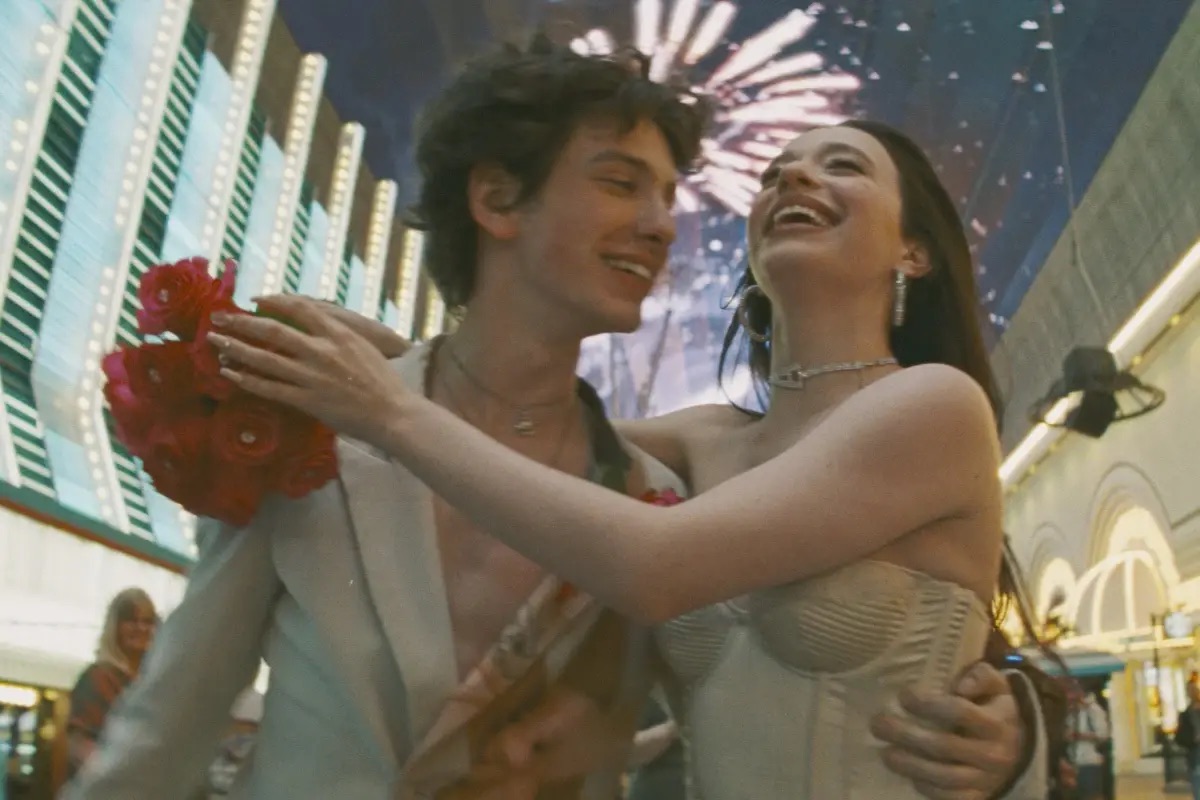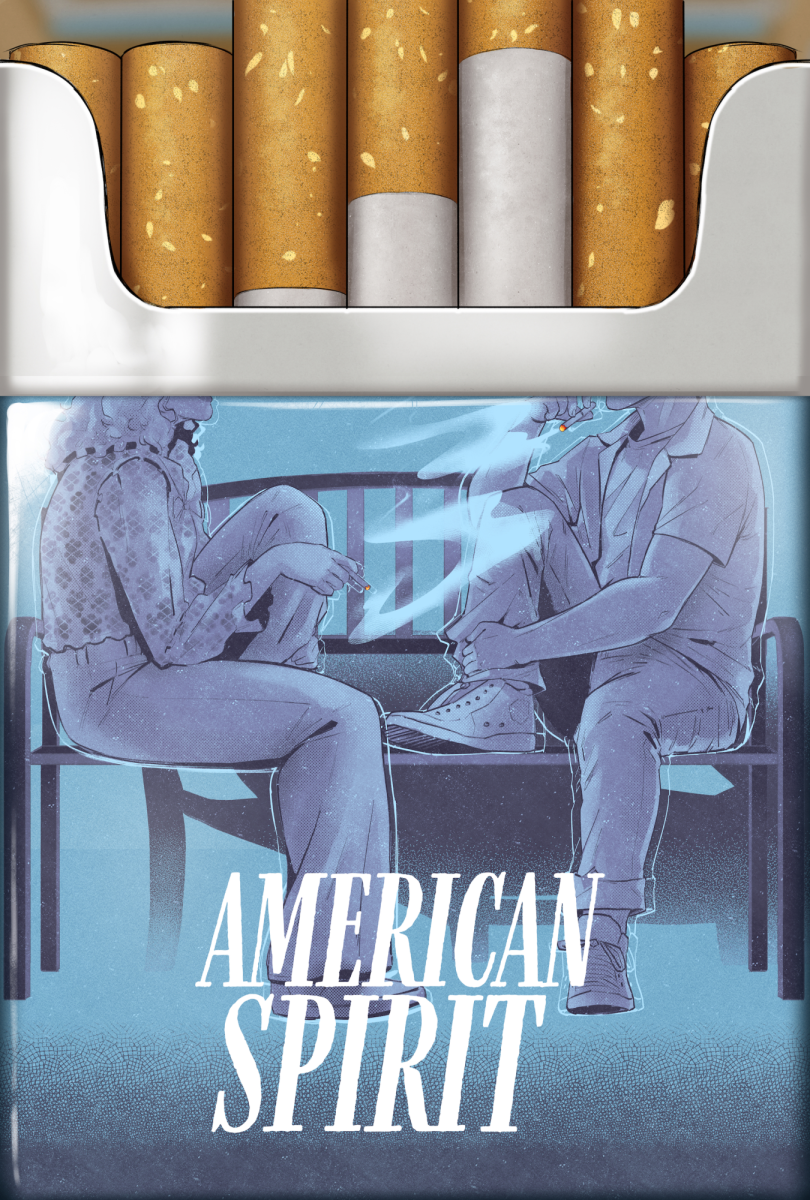In the age of the “Twilight” phenomenon, the case has been made plenty of times that Bella Swan is not a feminist. She is a terrible role model for young girls. Her relationship with Edward is borderline abusive. We’ve thrown all the punches at poor Bella.
But in the final installment of the “Twilight” films, “Breaking Dawn – Part 2,” we finally see Bella at her least helpless. Granted, she’s given up a beating heart to get where she is.
In the first three movies, Bella is often forced into these anti-feminist situations. When Edward leaves her, Bella goes into a catatonic state. She literally cannot function without his stalker tendencies and smothering protectiveness. When vampires come to kill her, Jacob must carry her up a mountain so that her scent can’t be traced. Forced cuddling follows so that she doesn’t die of frostbite. In the first three movies, Bella rarely makes her own decisions, and when she does they are often self-sacrificing to save one of the two men/creatures in their freaky love triangle.
But “Breaking Dawn – Part 2” has a new flavor. Bella actually says, “I was born to be a vampire,” which, despite being a terrible line, really conveys how she behaves in this movie. She’s comfortable in her own skin, sits up straight, blinks a normal amount and makes some of her own decisions. We see her arm wrestling with Emmett, conditioning her shield power to protect her family and running errands by herself, which seemed so strange because she has almost never had a scene alone until now. Seriously, Edward broke into her house to watch her sleep back in the day.
I think the list of feminist grievances and Bella’s eventual self-actualization probably cancel each other out. She is not the best “feminist role model.” But there are not a lot of leading ladies right now. Katniss Everdeen from the “Hunger Games” may be Bella’s closest competition. We’ve just come out of our “Harry Potter” daze and there seems to be a new superhero movie every month, none of which give young girls and women someone to look to as a “feminist role model.”
Here we reach the crux of the problem. Yes, I can watch “Girls” on HBO GO, read Jezebel and develop my own conclusions about women in the media as a 20-something young woman. But when I was 13, I gobbled “Twilight” up. I had a subscription to Seventeen that told me to buy a hair product (that I still have) because boys liked the way it smelled. When you are a young girl, you don’t make a huge effort to look beyond what’s popular, what’s right in front of you at Barnes & Noble, playing on the big screen or what’s being discussed during dance team practice.
So if we are giving impressionable young girls only two choices for a feminist role model, and Bella is one of them, clearly this is a problem beyond “Twilight,” Kristen Stewart and Stephenie Meyers.
Printed on Friday, November 16, 2012 as: Bella falls short as feminist heroine




